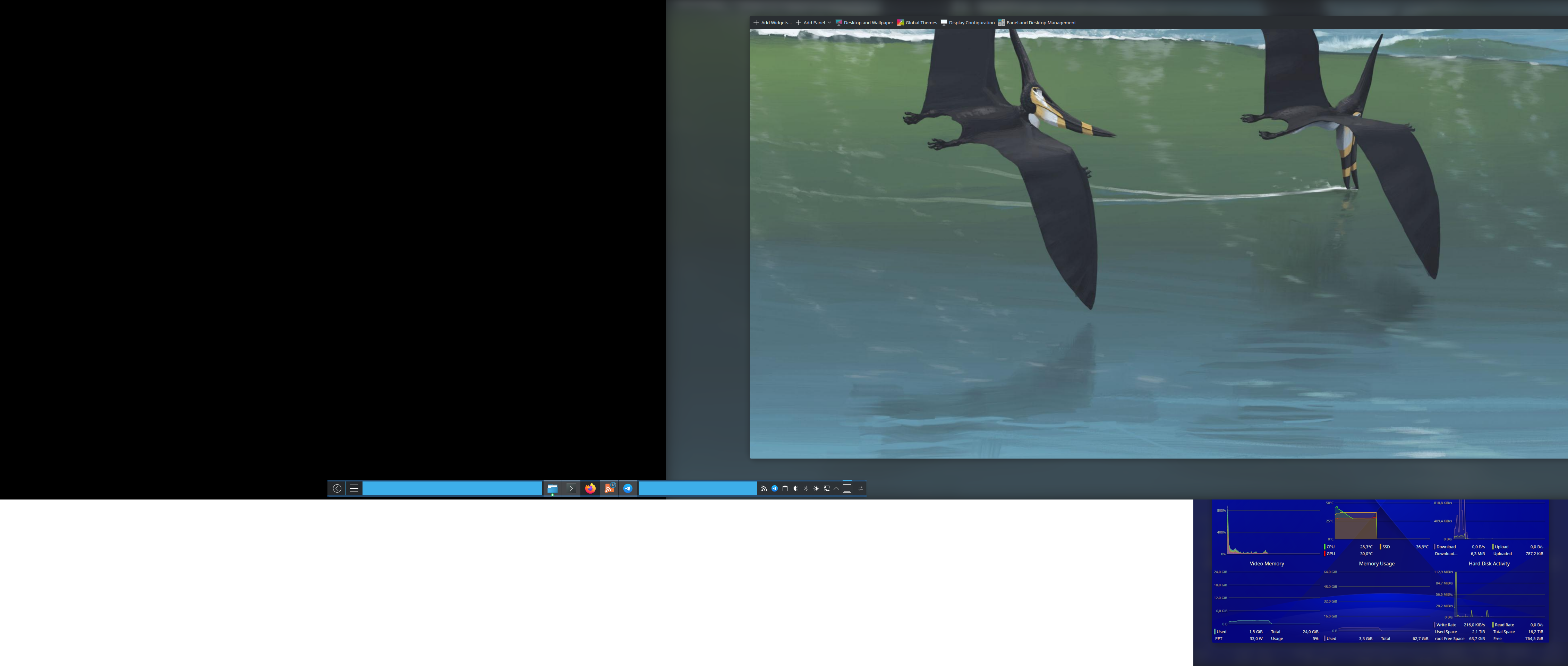i love all these little diorama creators that have popped up recently, they make it very easy to create a city that looks good. But they only hold my interest for so long. i'm looking for something with more meat on it. Any recommendations?
as an example, i remember the first time i managed to keep a city of over a million people going in Sim City 4. at this point money was tight, so the building aspect took a back seat to actually managing the city. balancing the budget, fixing congestion, and so on. it was great fun and a very different challenge than i thought i was in for.
most citybuilders these days seem more focused on the building than the older ones. for example, when i got to the point in Cities Skylines where i thought i was entering the "management" phase, i unlocked a building that just removed an aspect of the game. it was like the game thought that planning the electric grid or schools was a chore that got in the way of building a city, and as a reward it removed those chores.
basically, i'm looking for a game where rather than physically growing the city through placing individual buildings, i help the city grow. like transport tycoon, except the city is the focus rather than the interconnections.
a key part of this, i think, is time. a city that is frozen in time and where clicking with a tool just builds things, like C:S or SC2013, doesn't make for interesting growth. a city designed around historical limitations feels more like something that needs to be managed. a game where buildings and roads take time to complete and modify requires more forethought.
workers and resources comes pretty close but the central planning aspect means that i still need to micromanage the buildings. if it was all about zoning, with special buildings being unlocked by the request system in older sim cities ("x seeks permission to build a stink generator downwind of your residential area") i would enjoy it more.

you think they may be wrinkly because they're cured?